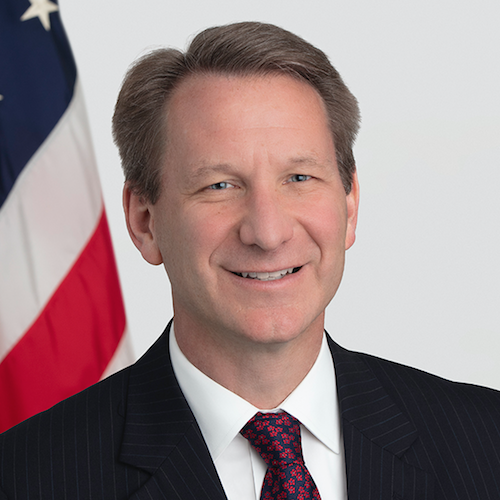
A Florida company must stop marketing its unapproved cannabidiol products using unsubstantiated claims that the products treat Parkinson’s disease, Alzheimer’s disease and other conditions, the Food and Drug Administration and Federal Trade Commission said in a warning letter released Tuesday.
The agencies gave Rooted Apothecary of Naples, FL, 15 working days from receipt of the letter, dated Oct. 10, to send proof of compliance. Failure to do so could result in legal action such as product seizure, injunction and an order to repay consumers, they said.
“Cannabis and cannabis-derived compounds are subject to the same laws and requirements as FDA-regulated products that contain any other substance,” Acting FDA Commissioner Ned Sharpless, M.D., said in a statement.
The only FDA-approved CBD product is a drug to treat rare, severe forms of epilepsy, according to the agency.
The manufacturing process of unapproved CBD products has not been subject to FDA review as part of the drug approval process. Also, the FDA has not evaluated whether such products are effective for their intended use, what the proper dosage is, how they could interact with FDA-approved drugs or whether they have dangerous side effects or other safety concerns, especially in vulnerable populations.
Among the unsupported claims made by Rooted Apothecary on its website or on social media, the FDA and FTC said, are that “CBD oil may have neuroprotective properties and may protect against neurological conditions, such as Parkinson’s and Alzheimer’s disease.”
The company, they said, is violating the Federal Trade Commission Act — under which products can’t be advertised as preventing, treating or curing disease without scientific evidence — and the Federal Food, Drug, and Cosmetic Act, because the products’ labels and product information do not include adequate directions for use, a requirement from which only FDA-approved drugs are exempt.
The FDA has sent several warning letters to other CBD companies, too, Sharpless said.
“The FDA is working quickly to further clarify our regulatory approach for products containing cannabis and cannabis-derived compounds like CBD while using all available resources to monitor the marketplace and protect public health by taking action as needed against companies,” FDA Principal Deputy Commissioner Amy Abernethy, M.D., Ph.D., said in a statement. “We recognize that there is significant public interest in cannabis and cannabis-derived compounds; however, we must work together to fill in the knowledge gaps about the science, safety and quality of many of these products.”



